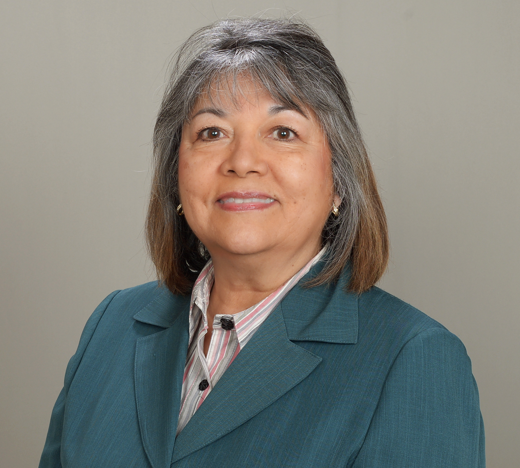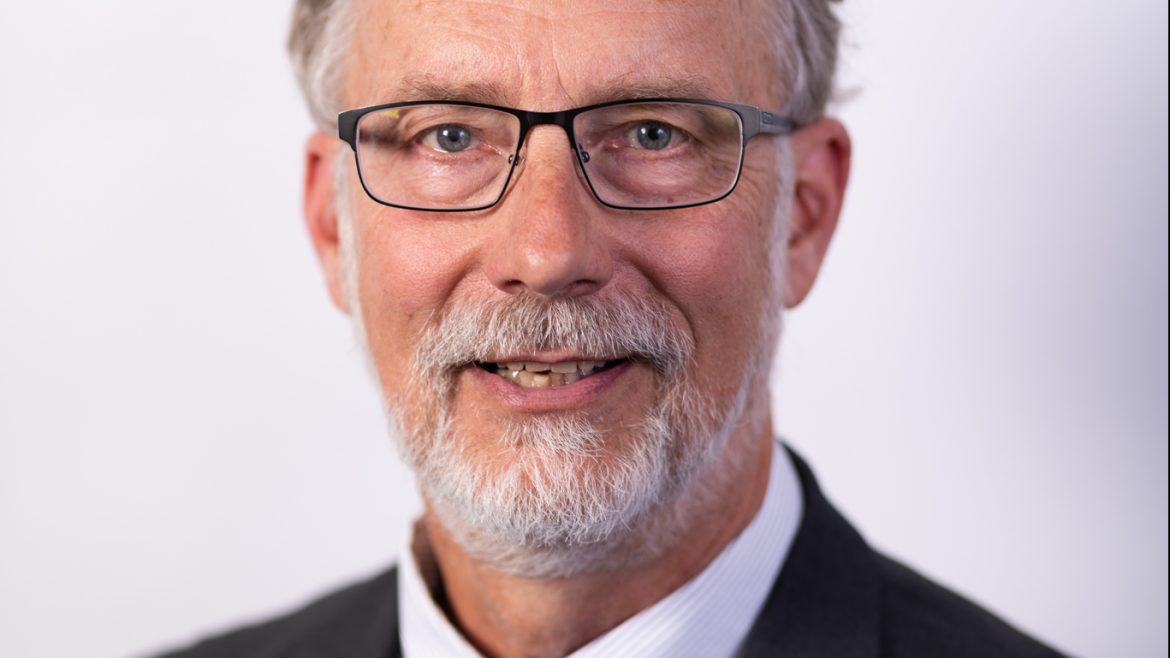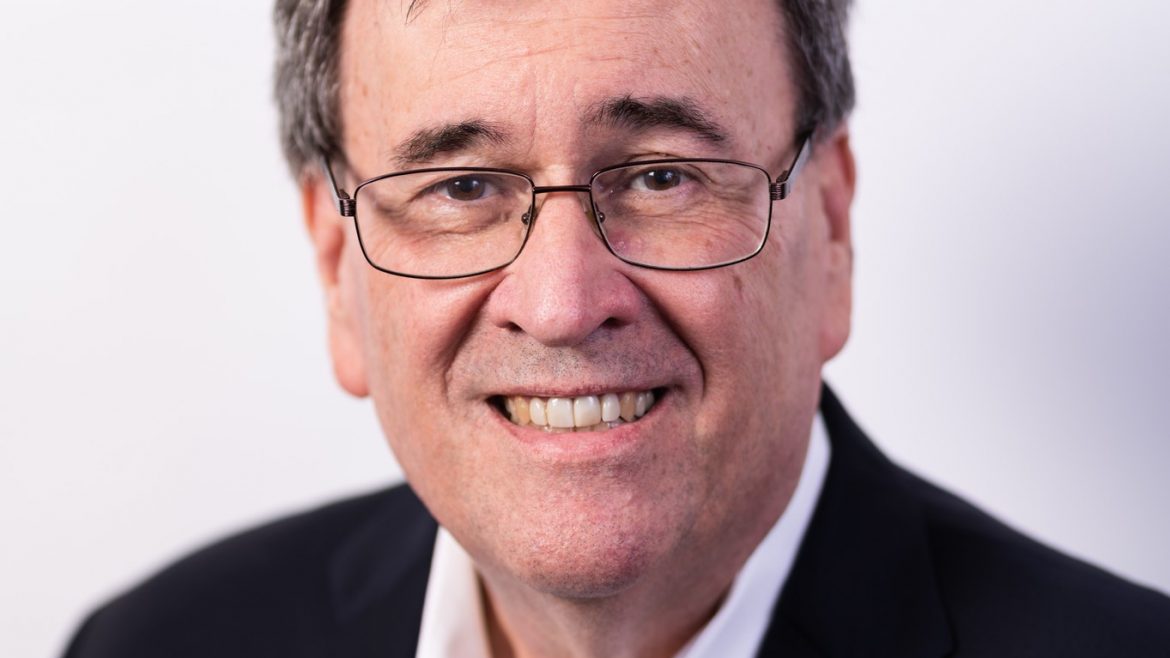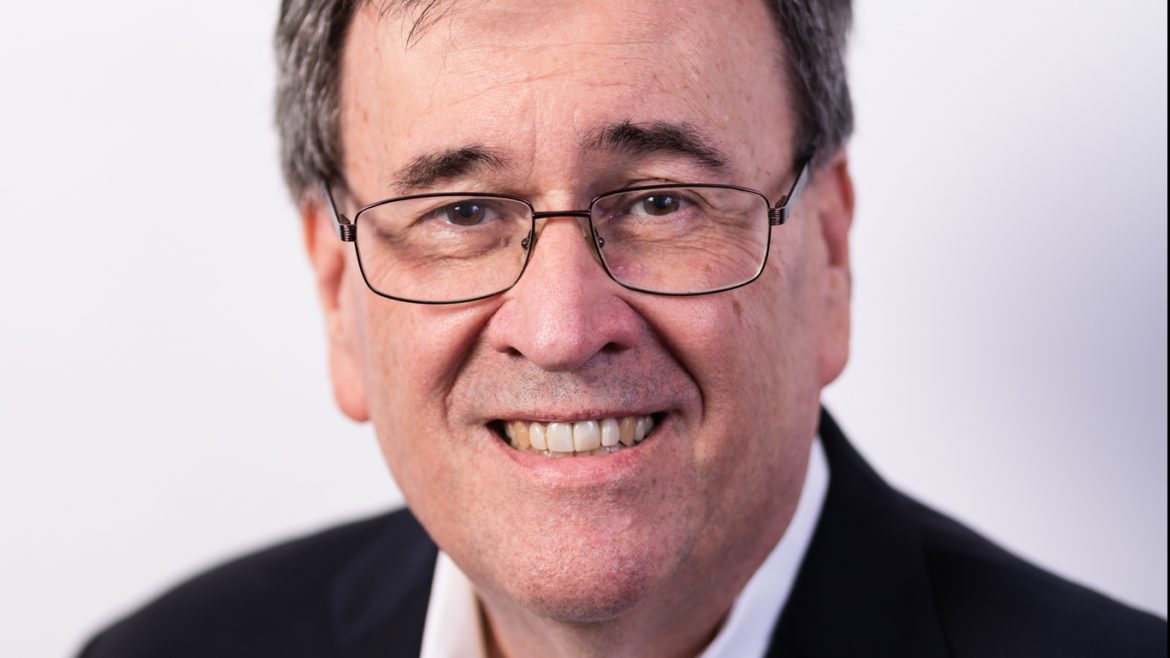A priest, not a C.M., gave a homily, about service to others. Father’s final comments, “Remember the less fortunate, and when you see a needy person, look to see the face of Christ in their faces. In all we do, it is important to take care of the children and the elderly. That is what our faith and our Lord wants us to do, especially the young and the old.” Father could have been talking about our Society. Our service goes beyond financial assistance, food, and clothing. We take care of our neighbors in need, as well as provide a safe environment whether in our Home Visits, dining rooms, or thrift stores.
The Society of St. Vincent de Paul lives out the belief that all individuals are created in the image and likeness of God and, thus, entitled to respect and dignity. Our mission includes protecting the rights of the weakest among us including the poor and vulnerable. In today’s world, the sexual abuse and exploitation of women and children is a problem of epidemic proportions and one that demands a response from us. Such a response must not only include a position statement but the development of policies and programs that educate, screen, and protect the young and vulnerable from potential offenders and inappropriate interactions and situations.
The United States Conference of Catholic Bishops’ 2002 Charter for the Protection of Children and Young People has given rise to a variety of programs and companies that are available to Catholic Dioceses, parishes, organizations, and outside groups. These range from full-service programs that offer member & volunteer databases, foundational and renewal courses, and background checks to locally developed and implemented programs. Each SVdP Council is encouraged to take a look at the various programs and models to decide what best meets the requirements of our national Safeguarding policy and the needs of their area and Council.
The task of developing a Safeguarding policy should take into consideration local policies, both as determined by your Diocese as well as officially authorized legal entities that the council/conference operates within. This may be an area that you will need to discuss with your appropriate legal advisor. It is recommended that exploration of the existing Catholic Diocesan Safe Environment Training (SET) program and screening processes used in your area can significantly aid in the development of your policy. Use of existing commercial Safe Environment training programs such as Virtus, Praesidium, and Catholic Mutual and their screening processes are already in place in many of our Councils’ areas and will offer the ability for compliance as requested in this important area.
Also, your insurance provider may have resources available that may be suitable for your specific jurisdiction and already are working with you on other liability issues, so a discussion with them on this topic may reveal a program that can be used.
Councils should consider how staff, vendors, volunteers, and contractors are able to safely voice any concerns through an established procedure, ensuring reporting abuse or potential abuse in a safe and secure manner. Employees, volunteers, sub-contracted agencies, vendors, and partners must receive your appropriate training on safeguarding annually and upon the start of a new working relationship.
Establish an efficient recording of all training and put a monitoring system in place.
Demonstrate how you will meet legal obligations of local, state, and federal guidelines.
Work with the local diocese to reflect their safeguarding policy as it meets the legal requirements. Identify responsible parties for internal investigations and reporting to authorities with written process in place to follow. Conduct background checks to prevent the employment of individuals in work with children and/or adults at risk where they have been barred by the state and federal authorities.
Display the Safeguarding policy in your facilities. Promote it to the community by sharing it with everyone including all volunteers, partners, vendors, contractors, and those you serve. Organize training that demonstrates how to handle situations that may occur, so your staff and volunteers are comfortable with the process.
Yes, there are questions, and the task force is here to help and will make every effort to assist Councils, albeit every diocese or jurisdiction has their own requirements. Our priority is a safe environment to protect our neighbors we serve, as well as Vincentians, employees, and volunteers.
We thank all Vincentians and councils for their efforts to create and advance their local Safeguarding policies. We appreciate the help from the national office, and members of the task force: Shirley Smalley, District President, Phoenix, AZ, Cathy
Wilhite, Executive Director, Peoria, IL, and Mark Zirnheld, CEO/Executive Director, Buffalo, NY. As stated by Pope Francis, “The protection of minors and vulnerable persons is an integral part of the Gospel message that the Church and all its members are called to proclaim throughout the world.” We are all there to follow the Gospel and teachings of our Society. God bless you all.
Guadalupe E. Sosa
Chair, National Safeguarding Task Force




